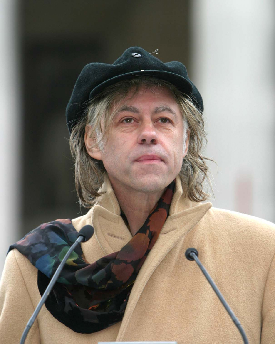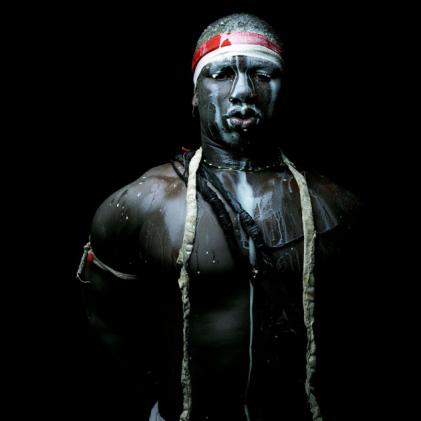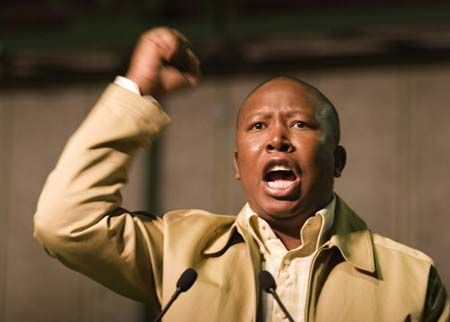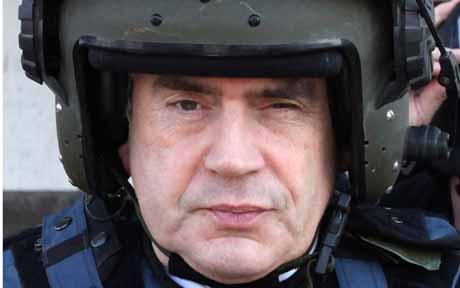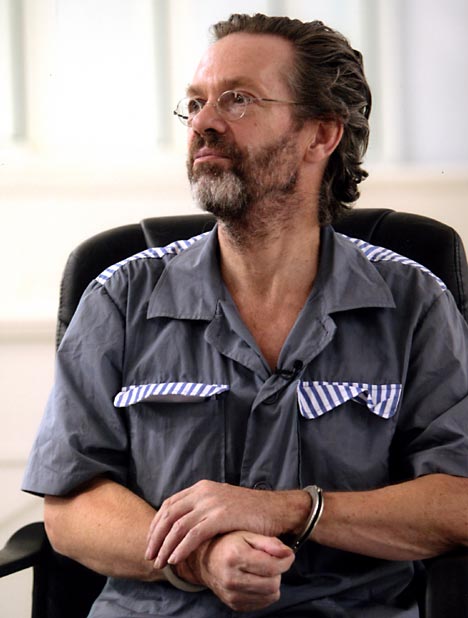
"If only I'd read the Monocle coup guide..."
Thursday’s coup in Niger is the fifth successful putsch in Africa since 2008, after a decade in which military takeovers had become less common. The African Union, which was founded in 2002, forbade coup leaders from becoming members. “Coups went out of fashion,” says Richard Dowden, director of the Royal African Society. “There were leaders like Obasanjo and Mbeki who could have a word with anyone contemplating it and say ‘don’t try it’. There is nobody who is leading Africa now. The rules have been bent a bit now.”
The recent rebellions, plus a handful of failures, provide a useful blueprint to any potential coup plotter.
Know where you are going.
A Darfur rebel group that tried to oust Omar al-Bashir in 2008 drove more than 1,000 miles across the desert to Omdurman, the twin city of Khartoum on the opposite side of the Nile. Only then did they realise they didn’t know where the presidential palace was. They stopped and asked for directions, giving the Sudanese army time to regroup and prevent them crossing the bridge.
Don’t tell too many people beforehand.
Simon Mann’s notorious 2004 ‘Wonga Coup’ in Equatorial Guinea failed to get off the ground partly because they couldn’t keep their mouths shut. Several national intelligence agencies were fully aware of what was about to happen.
Get neighbouring countries to help.
Sudan and Chad have been supporting each other’s rebel groups for more than a decade. Laurent Kabila, who ousted Congo’s Mobutu Sese Seko in 1997, was backed by Uganda and Rwanda. Be careful though. Once Kabila was in power his one-time friends decided to stick around and help themselves to Congo’s minerals, which led to a new, even deadlier war.
Take control of the TV and radio stations.
Play cartoons or old films until you are ready to address the nation. In Niger the coup leaders opted for military music on the radio and live wrestling on television.
From my latest column in Monocle. The rest is here.

